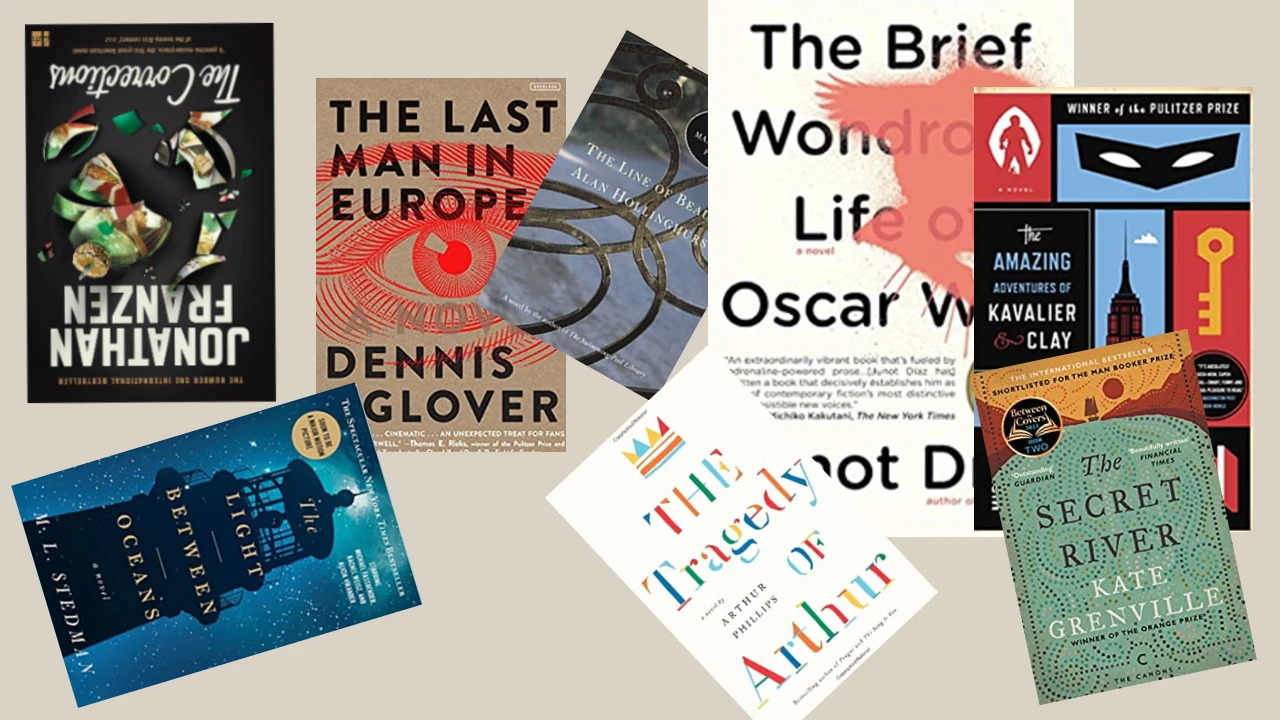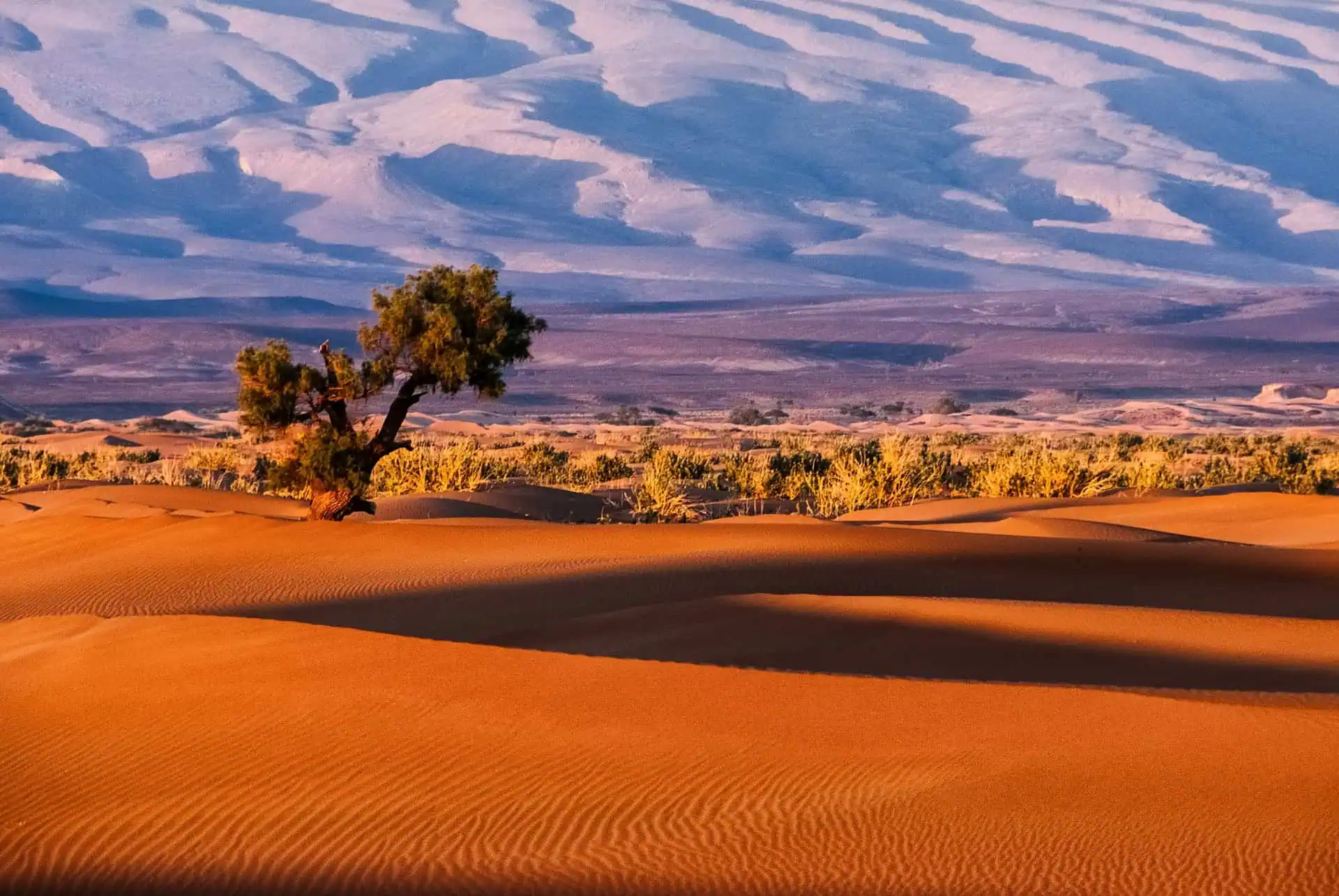
Newsletter Subscribe
Enter your email address below and subscribe to our newsletter

Enter your email address below and subscribe to our newsletter

This content may contain affiliate links. When you buy through these links, we may earn an affiliate commission.
In the world of global storytelling, modern African literature remains relatively unknown and underappreciated, though once you get to learn about it, you realiz that is a powerful force of its own , weaving narratives that challenge stereotypes, explore complex identities, and reflect the continent’s sufferings and dynamic evolution. Coming out from the shadows of colonialism, this literary movement has grown into an expression of resilience, innovation, and cultural richness. From the world renown works of Chinua Achebe to the contemporary voices shaping the 21st century literary landscape, modern African literature encompasses post-colonial reflections, urban realities, and futuristic visions. So let’s talk about its history, influential authors, recurring themes, and emerging trends. Amid the current political upheavals and the intensifying global tug-of-war for influence among powers like Russia, China, and the Western world led by the United States, an overview of post-colonial African writing seems very timley.
Modern African literature didn’t emerge in isolation; it’s deeply rooted in the continent’s oral traditions, known as “orature,” which include epics, folktales, proverbs, and riddles passed down through generations by griots and storytellers. (There is a similar oral tradition in Balkan countries and I am explore that in one or a few of the future posts. Look for those and read them when they come.) These oral forms, prevalent in languages like Swahili, Yoruba, and Hausa, emphasized community, morality, and the interplay between humans and the supernatural. However, the written form we recognize today was profoundly shaped by colonialism. European powers imposed educational systems that prioritized Western models, leading to the birth of modern African literatures in languages such as English, French, and Portuguese.
The colonial era, spanning the late 19th to mid-20th centuries, saw early written works that critiqued imperialism. For instance, Joseph Ephraim Casely Hayford’s 1911 novel Ethiopia Unbound is considered one of the first African novels in English, addressing themes of race and emancipation. The interwar period fostered movements like négritude, championed by Léopold Sédar Senghor, which celebrated African identity and culture against colonial erasure. Post-World War II, as independence movements swept the continent in the 1950s and 1960s, literature became a tool for liberation. Chinua Achebe’s seminal Things Fall Apart (1958) marked a turning point, portraying pre-colonial Igbo society and the disruptive force of British colonialism, often hailed as the beginning of the modern African novel.
Post-independence, African literature grappled with the realities of nation-building, corruption, and neo-colonialism. Writers like Ngũgĩ wa Thiong’o advocated for decolonizing the mind by writing in indigenous languages, moving away from English in works like Decolonising the Mind (1986). Regional variations emerged: West African literature often focused on political satire and social realism, while Southern African works, influenced by apartheid, highlighted racial injustice, as seen in Nadine Gordimer’s writings. North African literature, in Arabic and French, explored Islamic influences and post-colonial identity, with Naguib Mahfouz’s Cairo Trilogy exemplifying urban realism. East Africa contributed dramas and novels addressing land politics and cultural clashes. This evolution reflects Africa’s histories, from ancient rock art in Southern Africa to the Benin bronzes in West Africa, blending tradition with modernity.
By the late 20th century, increased literacy and global recognition as evidenced by Nobel Prizes for Wole Soyinka (1986), Mahfouz (1988), Gordimer (1991), J.M. Coetzee (2003), Doris Lessing (2007), and Abdulrazak Gurnah (2021) elevated African voices on the world stage.
The pantheon of modern African authors is rich and varied, featuring writers who have redefined narrative forms. Chinua Achebe, often called the “father of modern African literature,” revolutionized the genre with Things Fall Apart, which explores the erosion of traditional values under colonialism. His influence extended to mentoring figures like Flora Nwapa, recognized as the “mother of modern African literature” for her perspectives in novels like Efuru (1966).
Ngũgĩ wa Thiong’o, a Kenyan author, brought East African drama to prominence with The Black Hermit (1962) and later focused on Gikuyu-language writing to resist linguistic imperialism. In South Africa, Nadine Gordimer’s anti-apartheid novels, such as Burger’s Daughter (1979), earned her the Nobel, while J.M. Coetzee’s allegorical works like Disgrace (1999) and my favorite Waiting for the Barbarians (1980) dissect power dynamics. Ben Okri’s magical realism in The Famished Road (1991), which won the Booker Prize, blends Yoruba folklore with surrealism.
Contemporary voices are equally good. Chimamanda Ngozi Adichie, with novels like Half of a Yellow Sun (2006) and Americanah (2013), tackles feminism, migration, and the Biafran War. Abdulrazak Gurnah’s Nobel-winning works, including Paradise (1994), explore exile and colonialism in East Africa. Ayọ̀bámi Adébáyọ̀’s Stay With Me (2017) delves into infertility and tradition, marking her as a striking voice. Chigozie Obioma’s The Fishermen (2015), shortlisted for the Booker, weaves tragedy and prophecy in Nigerian family life.
Towards the end fo the 20th century, women writers have surged forward, addressing gender roles and empowerment. Buchi Emecheta’s The Joys of Motherhood (1979) critiques patriarchal norms, while Tsitsi Dangarembga’s Nervous Conditions (1988) examines colonialism’s psychological toll on women.
Themes in modern African literature mirror the continent’s tumultuous history and diverse societies strugling to find their way in the modern world. A central motif is the clash between tradition and modernity, where characters navigate the tensions of urbanization, socialist idealization of the long dead Soviet world (remember, many of Africa’s doctors got their medical education in the old Soviet Union as part of the Soviet leadership strategy to gain the influence over the continent), the Western influences, and ancestral customs. Colonialism and its legacies, exploitation, identity erosion, and resistance, are ominpresent and recurrent, as in Achebe’s depiction of cultural disintegration.
Identity and cultural heritage dominate, with writers exploring hybrid identities in a globalized, internet dominated world. Politics and power, including corruption, militarism, and apartheid, are critiqued in works addressing post-independence disillusionment. Women’s rights have gained prominence, highlighting patriarchy, infertility, and empowerment.
Social issues like inequality, globalization, and environmental degradation are increasingly focal. Migration and diaspora narratives examine belonging and displacement, as in Gurnah’s exile themes. Realism blends with magical elements, drawing from oral traditions to convey deeper truths. Socio-political conflicts, tribalism, and prejudice persist as key concerns.
The 21st century has ushered in a renaissance for African literature, characterized by bold experimentation, diverse genres, and a surge in global recognition. As the continent grapples with globalization, urbanization, and technological advances, writers are redefining narratives to reflect these shifts. Afrofuturism has emerged as a prominent trend, blending African mythology with speculative fiction to envision alternative futures. Authors like Nnedi Okorafor, with works such as Death of the Author (2025), and Tade Thompson’s Rosewater series, incorporate sci-fi elements to explore identity, technology, and colonialism. This genre traces back to pioneers but has exploded in popularity, offering optimistic visions amid socio-economic challenges.
Diaspora experiences continue to inspire, with writers like Teju Cole (Open City, 2011) and NoViolet Bulawayo (We Need New Names, 2013) examining hybrid identities and migration’s psychological toll. Imbolo Mbue’s Behold the Dreamers (2016) critiques the American Dream through Cameroonian immigrants’ eyes notwithstanding the fact that the USA currently feeds about 200 million Africans through various food donation programs. Booker Prize winners like Damon Galgut (The Promise, 2021) dissect apartheid’s lingering effects, and Jennifer Nansubuga Makumbi’s Kintu (2014) weaves Ugandan history with myth.
In 2024 and 2025, the literary scene buzzes with releases. Brittle Paper’s “100 Notable African Books of 2024” highlights works like Uche Okonkwo’s A Kind of Madness and Pede Hollist’s migration tales. Anticipated 2025 titles include Chimamanda Ngozi Adichie’s latest, Abdulrazak Gurnah’s anthology contributions, and Nnedi Okorafor’s Àànú Ifẹ́. Emerging voices like Eugen Bacon and Florence Onyebuchi feature in collections, blending horror, fantasy, and social commentary.
Digital platforms and self-publishing have democratized access, allowing writers like Oyinkan Braithwaite (My Sister, the Serial Killer, 2018) to gain viral success. Themes of mental health, and climate change dominate, as in Akwaeke Emezi’s explorations and Abdulrazak Gurnah’s exile narratives. All in all, lots of insane Western world liberal influence, resulting in a waste of native African talent.
In 2025, contemporary African literature is evolving rapidly, embracing Afrofuturism, which reimagines African futures through sci-fi and speculative elements, as seen in works tracing from Achebe to modern innovators. Digital publishing and social media are democratizing access, with platforms fostering new voices and non-academic styles. Trends include daring ideas, unforgettable characters, and explorations of urbanization and social justice.
Literary events and awards, like the Grand Prix of Literary Associations, highlight growth, though challenges like limited readership and criticism persist. Emerging collections, such as Pede Hollist’s stories on migration and change, contribute radically. The future promises more narratives blending African traditions with global influences, potentially increasing Black authors’ impact worldwide. With a publishing renaissance underway, expect more diverse voices tackling the climate crises scam, AI, and pan-African unity – let’s hope we will see it one day.
Reflecting on all these narratives, I see modern African literature as a mirror of its struggles and occasional triumphs. Quite often the African literature serves as a political tool, critiquing regimes though sometimes with oversimplification. Recent rise of lady writers and authors from diaspora has started to bring diversity helping counter stereotypes of war and poverty. I do hope that this will urge world readers to engage beyond the easy Western lit picks and will bring more recognition to Afrian literary voices.
Here is a curated list of authors and books mentioned throughout this post, with links to purchase on Amazon where available: